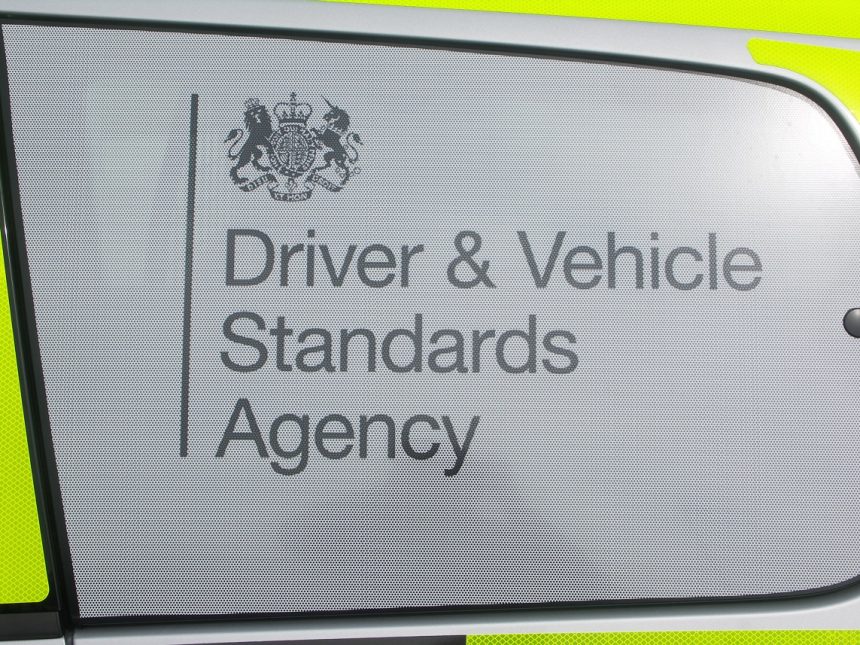Efficiency benefits, fee levels, and savings in resource departmental expenditure limits are part of a wide-reaching independent review of DVSA that has been commissioned by the Department for Transport (DfT).
DfT describes expected efficiency gains as “both cashable and non-cashable.” The DVSA financial model will come under scrutiny and that will include the fees charged. Terms of reference for the review hint that the level of grant funding from central government may ultimately be reduced, although that accounts for only a small minority of DVSA income.
Efficiency is one of the four pillars that underpin the Cabinet Office’s public bodies reviews programme. The other three are accountability, efficacy, and governance.
The independent review has been commissioned to ensure that DVSA “remains well placed to provide excellent services to keep Britain moving safely and sustainably,” DfT says. It will be led by Sarika Patel. Ms Patel is a Non-Executive Director at the Office for Nuclear Regulation, and she has experience in private and public sector business.
Also part of the review is consideration of how DVSA is preparing for the deployment of new technology and automation on vehicles, how it works with its stakeholders inside and out of government, and how the Agency harnesses innovation to improve services and ensure a “sustainable and effective delivery model.”
Under-Secretary of State for Transport Guy Opperman says that the review will help DfT to “understand how DVSA can continue to improve, evolving alongside vehicle technology and keeping Britain moving safely and sustainably.”
The approach to governance will include an assessment of progress towards DVSA’s implementation of relevant recommendations from the 2021-22 Traffic Commissioner Function Review. Among those was an increased policy alignment across Traffic Commissioners, DfT and DVSA to deliver better outcomes for service users.
The review of DVSA will draw upon data and evidence, including through consultation with stakeholders. It is expected to conclude in the summer. Recommendations will then be made to ministers to inform future delivery arrangements and efficiency savings.
Terms of reference for the review here.

























